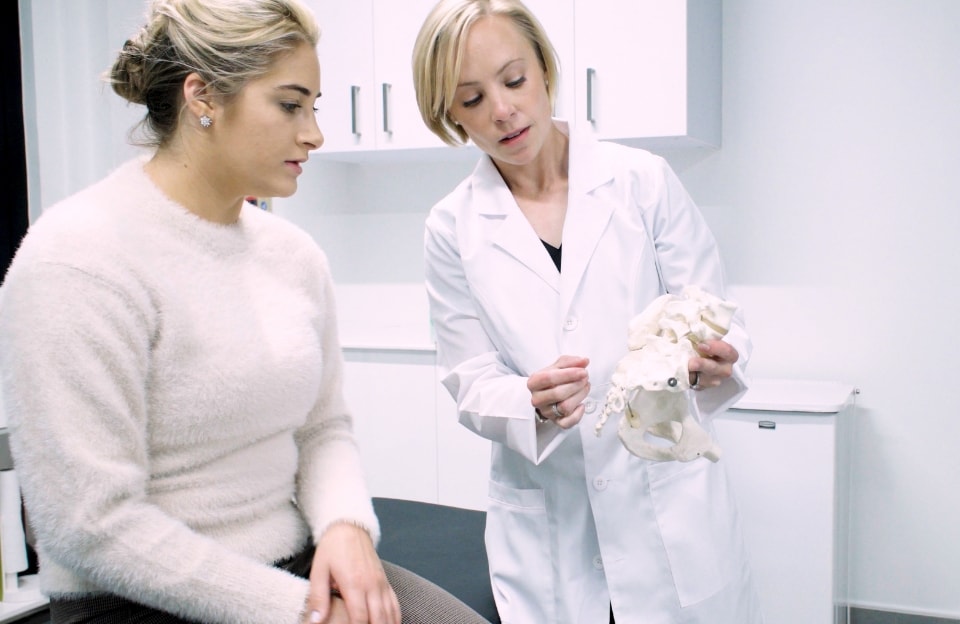What Kind of Doctor Treats Veins? A Comprehensive Guide to Vein Treatment
When it comes to vein health, many individuals wonder what kind of doctor treats veins. Vein issues, such as varicose veins, spider veins, and chronic venous insufficiency, can cause discomfort and affect your daily life. Seeking the right medical professional for vein treatment is crucial to ensuring the most effective care. In this article, we will answer this important question and provide valuable insights into vein treatment options, so you can make an informed decision about your health.
Understanding Vein Health: Why Should You Seek a Specialist?
Veins play a critical role in your circulatory system. They are responsible for carrying blood back to the heart. When veins fail to function properly, they can lead to a range of health problems. Some of the most common vein-related issues include:
- Varicose veins: Enlarged, twisted veins that are often visible beneath the skin.
- Spider veins: Smaller, red, blue, or purple veins that appear near the skin’s surface.
- Chronic venous insufficiency: A condition where veins cannot pump blood effectively, leading to swelling, pain, and ulcers.
If you experience any of these symptoms, it’s essential to seek professional help. A doctor specializing in vein treatment can diagnose and manage these conditions, ensuring that you receive the best care possible.
What Kind of Doctor Treats Veins?
The best doctor to treat veins is typically a phlebologist or a vascular surgeon. Both specialists focus on the diagnosis and treatment of vein disorders, but there are key differences in their approach and qualifications.
- Phlebologist: A phlebologist is a medical professional who specializes in diagnosing and treating vein-related conditions. This doctor usually has training in dermatology, internal medicine, or surgery, and then goes on to focus on vein care. They are often the go-to specialists for cosmetic and medical vein treatments such as sclerotherapy, laser therapy, and compression stockings.
- Vascular Surgeon: Vascular surgeons are highly trained professionals who handle more complex vein problems. They treat not only veins but also arteries and other components of the circulatory system. Vascular surgeons can perform surgeries for severe cases of varicose veins, such as vein stripping or endovenous laser therapy (EVLT).
In general, phlebologists focus on less invasive procedures, while vascular surgeons are equipped to handle more severe or complicated conditions that might require surgical intervention.
Types of Vein Treatments Available
Once you’ve identified the right specialist for your vein issue, it’s essential to understand the various treatment options available. Vein treatment options can vary based on the severity of the condition and the type of veins involved. Here are some of the most common treatment options:
1. Sclerotherapy
Sclerotherapy is a non-surgical treatment that involves injecting a special solution directly into the vein. This solution causes the vein to collapse and fade from view. It is commonly used for treating spider veins and smaller varicose veins. Sclerotherapy is a minimally invasive procedure that requires little recovery time, making it a popular option for many patients.
2. Endovenous Laser Therapy (EVLT)
EVLT is a minimally invasive procedure that uses laser energy to treat varicose veins. The laser is inserted into the vein through a small incision, and the heat from the laser causes the vein to shrink and seal shut. This treatment is often recommended for larger varicose veins and provides long-term results with minimal downtime.
3. Vein Stripping
Vein stripping is a surgical procedure typically reserved for more severe cases of varicose veins. During this procedure, the problematic vein is surgically removed through small incisions. While this method is effective for large veins, it requires a longer recovery time compared to other treatments.
4. Endovenous Thermal Ablation (ETA)
ETA is a treatment option similar to EVLT but uses radiofrequency energy instead of laser energy. The radiofrequency waves heat up the vein, causing it to collapse and close. This treatment is used for larger veins and can be performed under local anesthesia.
5. Compression Stockings
While not a treatment in itself, compression stockings can be an essential part of managing vein issues. These stockings apply gentle pressure to the legs, helping improve blood flow and reduce the symptoms of varicose veins, such as swelling and discomfort. Doctors may recommend compression stockings as part of an overall treatment plan.
How to Choose the Right Vein Specialist
Choosing the right doctor for vein treatment is essential for achieving the best outcomes. Here are some tips to help you make an informed decision:
- Check Credentials and Experience: Make sure the doctor is board-certified in vein treatment and has experience in treating your specific condition. Ask about their training and how many Vein Treatment Long Island they’ve performed.
- Consider the Treatment Options: Ensure that the doctor offers a variety of treatment options that are suitable for your specific condition. The more options available, the better your chances are of finding an effective treatment plan.
- Read Patient Reviews: Look for reviews and testimonials from previous patients to gauge the doctor’s skill and bedside manner. You want a doctor who is not only experienced but also compassionate and attentive to your needs.
- Consultations Are Key: Schedule a consultation to discuss your symptoms and treatment options. A good vein specialist will take the time to explain the different treatments, potential risks, and expected outcomes.
The Importance of Early Vein Treatment
One of the most important aspects of vein health is early detection and treatment. If left untreated, vein conditions can worsen over time, leading to complications like blood clots, ulcers, or chronic pain. By seeking timely vein treatment, you can prevent these issues and enjoy better overall health. Early treatment also provides the opportunity for less invasive procedures, which means a quicker recovery time and fewer risks.
Conclusion: What Kind of Doctor Treats Veins?
In summary, the right doctor to treat veins is typically either a phlebologist or a vascular surgeon, depending on the severity of your condition. Phlebologists are specialists in diagnosing and treating more common vein issues with non-invasive techniques, while vascular surgeons are highly trained to handle complex vein problems that may require surgery.
If you are experiencing symptoms of vein disease, don’t wait to seek treatment. With a variety of effective vein treatments available, you can find a solution that works for you. Be sure to consult a qualified professional to discuss your options and take the first step toward healthier veins.














Post Comment